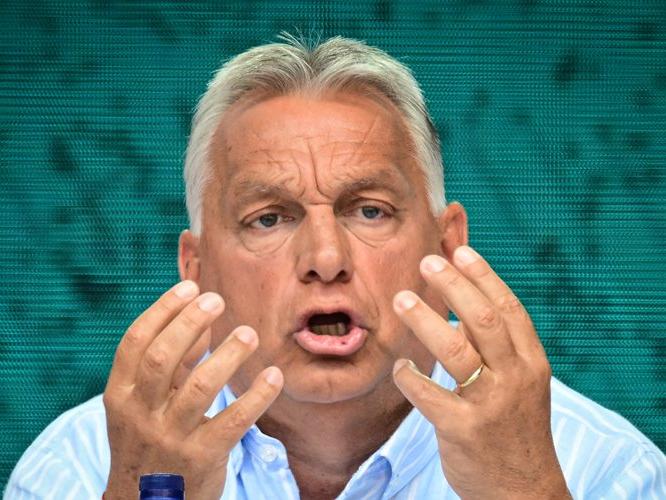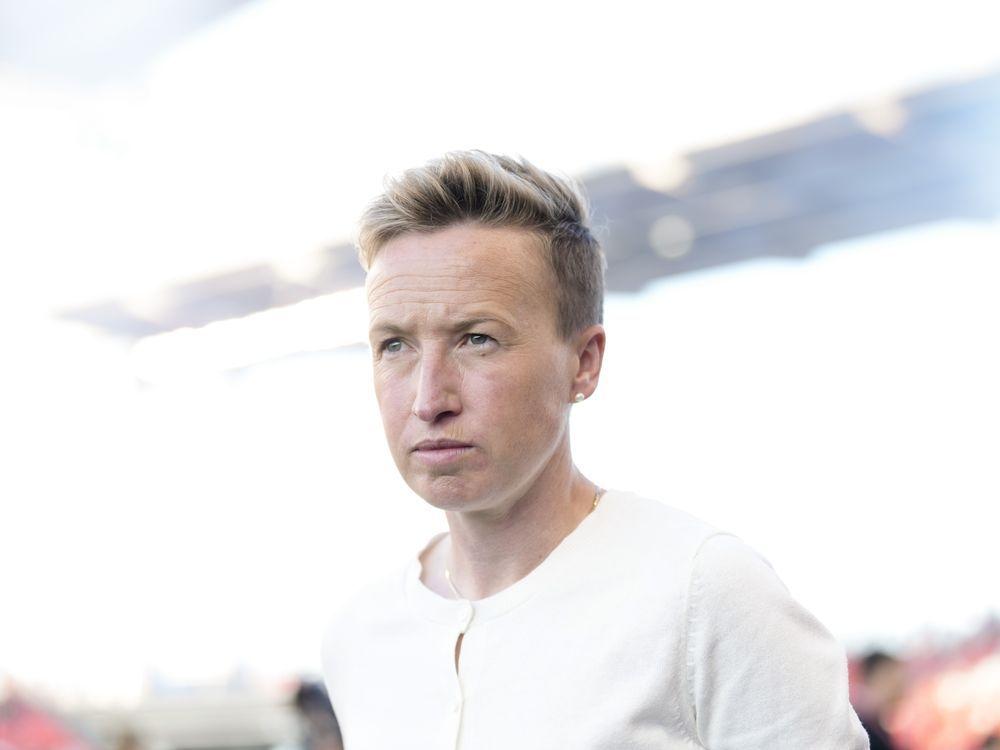The opening ceremony of the 2024 Paris Olympics has ignited a firestorm of criticism from conservative leaders and religious groups, with Hungarian Prime Minister Viktor Orban at the forefront of the controversy. Orban, speaking at the Baile Tusnad summer school in Romania, denounced the ceremony as a symbol of the ‘moral vacuum’ and ‘disintegration of the West’, citing its celebration of diversity and prominent featuring of LGBTQ+ themes.Orban argued that the ceremony represented the West’s abandonment of ‘metaphysical links to God, the fatherland, and family’, leading to what he perceives as an ‘absence of public morality’. He suggested that Western values, once considered universal, are now increasingly rejected by many countries, including China, India, Turkey, and Arab nations.Russian officials echoed Orban’s sentiments, with Foreign Ministry spokesperson Maria Zakharova labeling the event a ‘massive failure’. Zakharova criticized various aspects of the ceremony, including logistical issues like transportation disruptions and what she described as a ‘ghetto’-like transformation of Paris’s city center.A particular point of contention was the ceremony’s reinterpretation of Leonardo da Vinci’s ‘The Last Supper’ featuring drag queens, which many critics, including the Russian Orthodox Church, condemned as ‘sacrilegious’ and a ‘parody’ of Christianity. The Catholic Church also expressed disappointment, stating that the ceremony included scenes that ‘scoffed and mocked’ Christianity.Despite the backlash, Olympic organizers defended the ceremony, citing artistic freedom and the intention to promote inclusivity. The controversy highlights the ongoing cultural tensions between more conservative viewpoints and progressive representations in global events.
Key points
- Hungarian PM Viktor Orban and Russian officials strongly criticized the Paris Olympics opening ceremony.
- The ceremony’s portrayal of diversity and LGBTQ+ themes was labeled as a ‘moral vacuum’ by critics.
- Religious leaders condemned the ceremony’s reinterpretation of ‘The Last Supper’ as sacrilegious.
- Olympic organizers defended the ceremony as promoting inclusivity and artistic freedom.
Contradictions👾While most sources report widespread criticism, one source mentions former Soviet Union figure skating coach Tatiana Tarasova praising the ceremony as ‘beautiful’, contrasting with the predominantly negative reactions.



